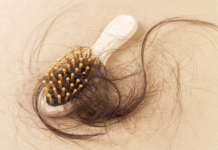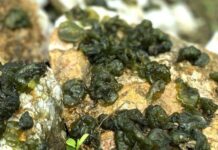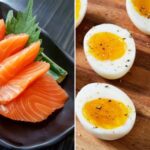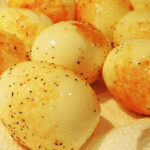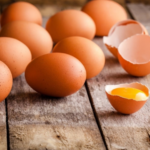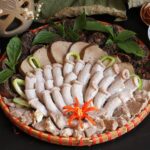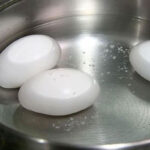Boiled eggs seem like a simple dish that anyone can make, but it’s not always that straightforward. Many people still encounter issues with cracked shells, which can cause the egg white and yolk to disperse, or a stubborn shell that makes peeling a challenge. So, here’s a guide to help you boil eggs to perfection.
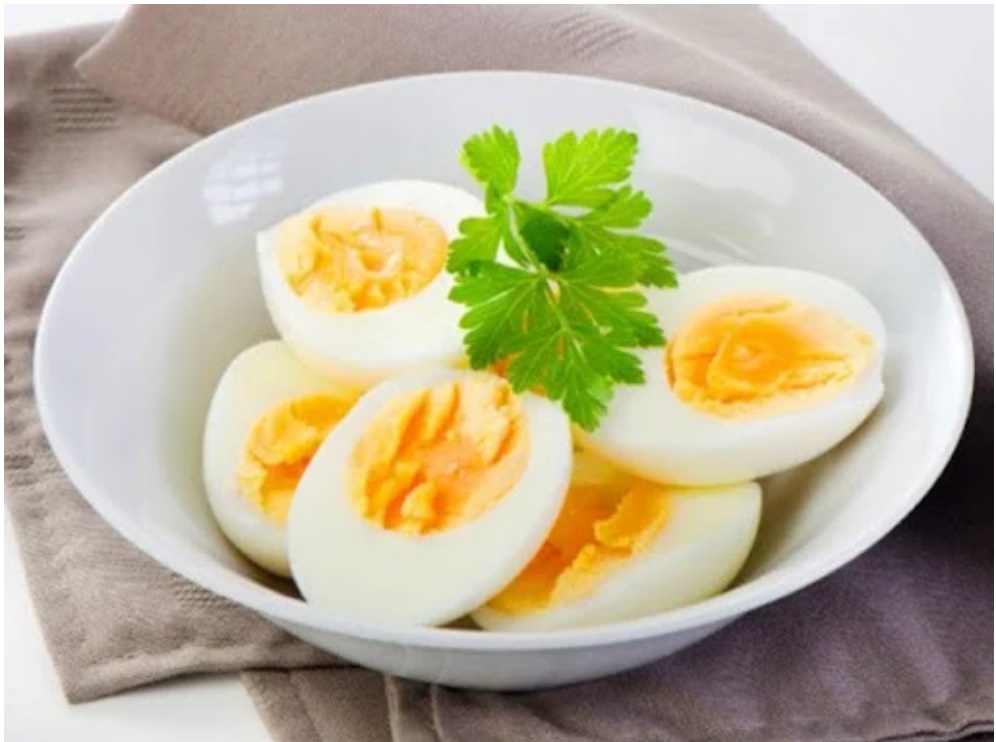
If your eggs are straight from the fridge, let them come up to room temperature before boiling. If you’re short on time, soak them in a bowl of clean water for about 10 minutes. This helps reduce the temperature difference between the eggs and their environment. Dropping cold eggs directly into a pot of water can cause the shells to crack. For eggs that are already at room temperature, simply wash and place them in the pot.
Place the eggs in a pot and add cold water until they are fully submerged. Avoid using hot water, as this may save time but will likely cause a “heat shock” to the eggs, increasing the chances of cracked shells and egg white leakage. When the boiling water seeps into the eggs, it can also make them taste blander and less fresh.
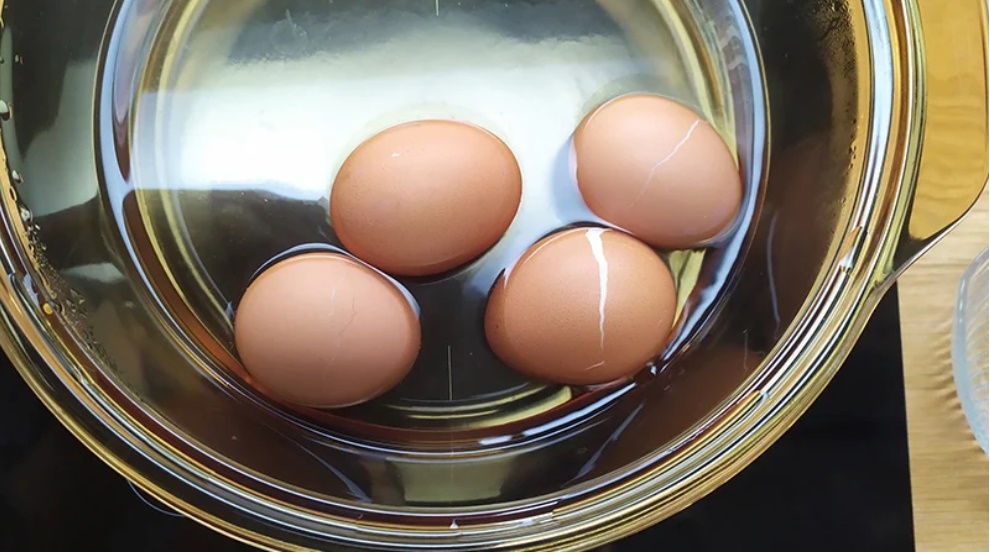
To ensure your eggs don’t crack during boiling, use a sharp pin to gently prick a small hole in the shell to allow steam to escape. If you don’t have a pin, simply boil the eggs as usual. After a minute of boiling, add a few slices of fresh lemon to the pot, which will have a similar effect.
Another method to prevent cracking and make peeling easier is to add a pinch of salt and some white vinegar to the water. The salt helps to loosen the egg’s bond to the shell, while the vinegar reduces the likelihood of cracks.
When boiling eggs, avoid high heat. Maintain a moderate temperature from the start to prevent heat shock and minimize the risk of cracking. Also, pay attention to the boiling time. Depending on your preference for soft or hard-boiled eggs, adjust the cooking time accordingly.
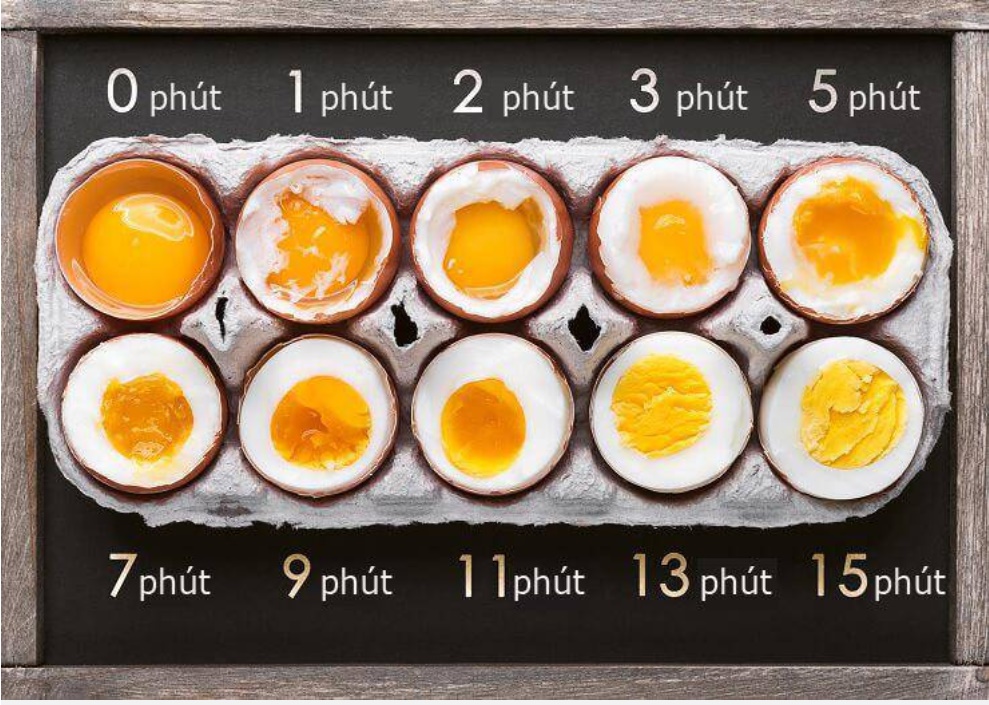
Boiling times for different consistencies.
After boiling, soak the eggs in a bowl of cold water to gradually cool them down and make peeling easier.
If you notice a gray ring around the yolk, a sulfurous odor, or a rubbery texture, it means the eggs were overcooked. Don’t worry—simply adjust the boiling time for your next attempt.
Source: Khoevadep
“Boost Hair Growth and Reduce Hair Loss with these 8 Biotin-Rich Foods”
Biotin, also known as vitamin B7, is a water-soluble vitamin that plays a crucial role in promoting hair growth and preventing hair loss. To boost your hair health, it is essential to incorporate biotin-rich foods into your diet. Imagine having the power to transform your tresses with every bite. With a careful selection of biotin-rich foods, you can nourish your hair from within, encouraging stronger, healthier hair growth.
“The Secret Ingredient for Perfectly Boiled Eggs: Keep Them Crack-Free, Nutritious, and Beautiful”
When boiling eggs, it’s common to encounter cracks in the shell, which can cause water to seep in and result in an unpleasant odor and appearance. To avoid this issue, simply add a pinch of salt to the boiling water or rub a lemon around the egg shell before boiling. This will ensure that your eggs turn out perfectly cooked, without any unsightly cracks, and tasting delicious too!



